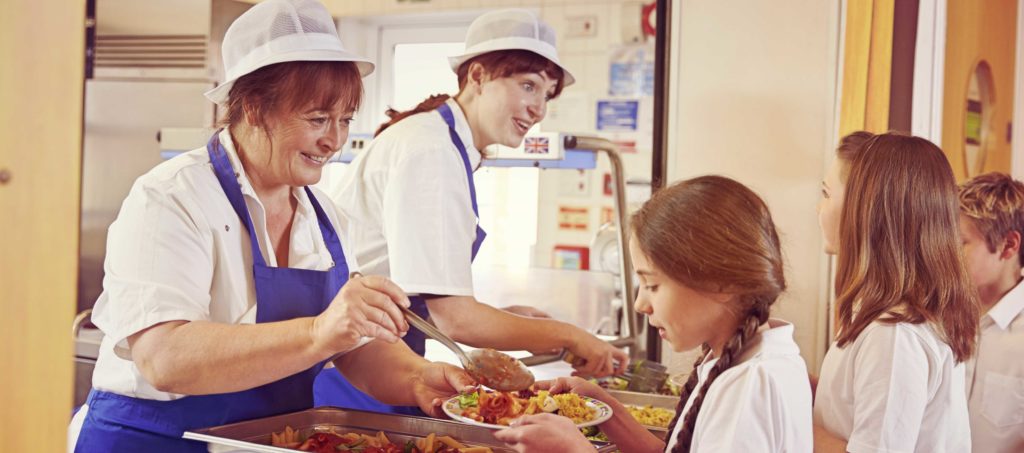School Cafeterias Fight Food Waste With Garbage Grinder Alternative
School cafeterias don’t have an easy task when it comes to feeding school children. Feeding our pickiest and most wasteful eaters – kids – often leads to loads of leftover food. What can school districts do to prevent their leftovers from turning into one of our environment’s biggest problems, food waste?
One school district has come up with a creative solution to two problems: food insecurity in families and food waste in their cafeterias. This school district in Indiana, along with the help of a local nonprofit, has created a food program that turns cafeteria leftovers into meals that go home with food-insecure children on the weekends. The program sends eight sealed, frozen meals made with food that was prepared but never served.
Other schools in Oakland have designated share tables and containers for leaving or exchanging unwanted whole fruit, packaged food, or other meal items. Children who haven’t taken a bite out of their fruit bring it up to the table. Instead, they may take an unwanted cheese stick back to their table to eat.
Organizations such as homeless centers have their program coordinators stop by and pick up unserved wrapped entrees from the kitchen and items left on the share table. Unusable food waste goes to the designated compost bin for future use instead of being disposed of using a garbage grinder that can lead to plumbing problems.
Schools are also educating their students on food waste. Children are learning why they should not throw away food and add to our earth’s waste stream. In addition, they are learning that they can give their food to someone who needs it through food sharing. From a young age children can learn about how they can positively impact the environment and their community.
Take the food waste challenge for your school cafeteria a step further by installing The Drain Strainer, an effective commercial garbage grinder alternative invented by a former restaurant owner. Small food debris scraps such as noodles can make their way down school cafeterias’ sink drains. The Drain Strainer captures these scraps before they make their way into our waste water system. Scraps can then be added to your composting pile and even prevent plumbing problems such a drain clogs.
There are many ways to reduce, recycle, and recover food waste in school cafeterias. By implementing these ideas and more, school cafeterias can play an important role in scaling back the amount of food waste going into our environment. More importantly, if a school uses food waste as a learning opportunity, it instills better habits in our young people and produces more civic-minded, community-conscious adults.

